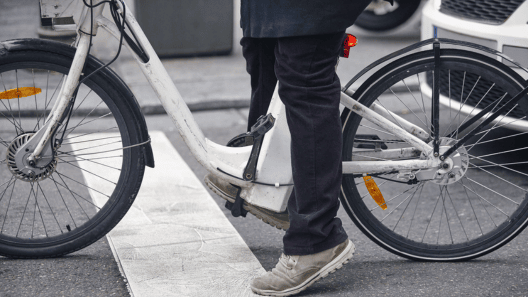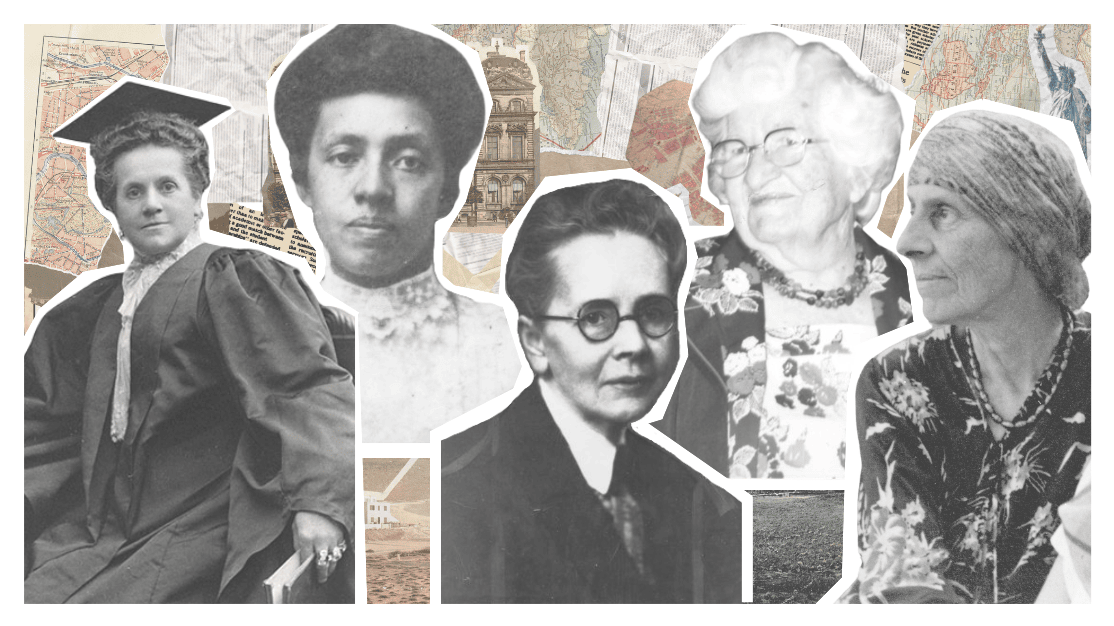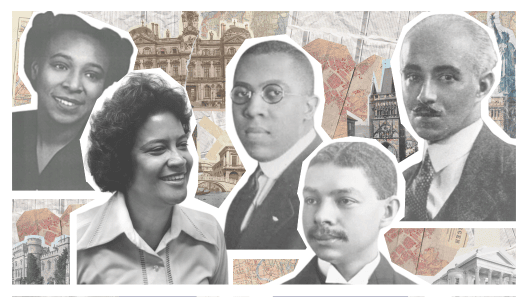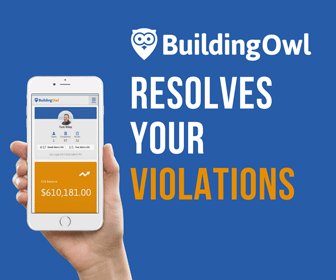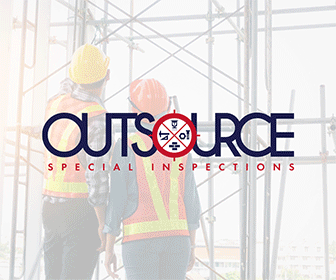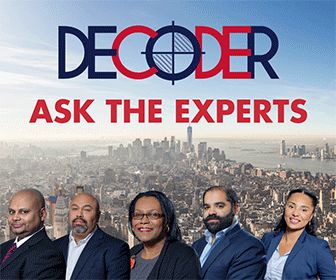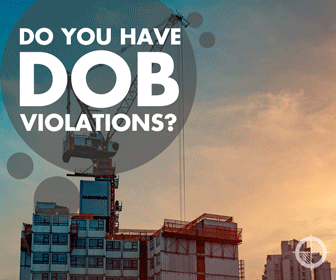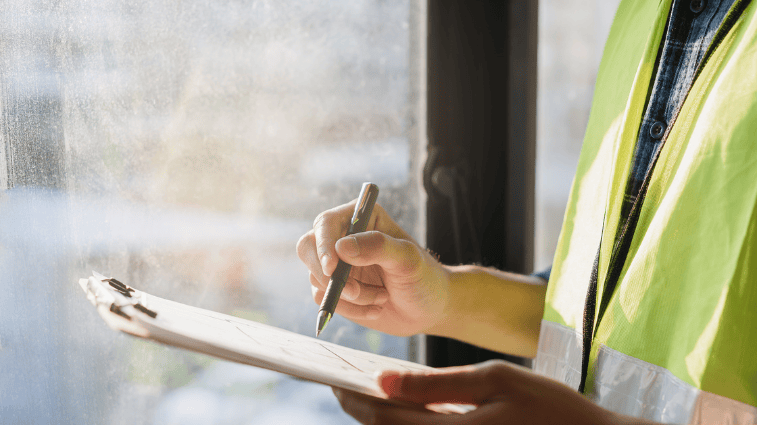
The Decoder Guide to 2022 Special Inspections
Another year of special inspections approaches! If you haven’t kept up with all the changes made within the past year, or if you’re looking for a memory refresh, this article is for you.
In 2024, we’re re-examining the changes made to special inspections in the 2022 New York City Construction Code. Most of the alterations focused on fire safety, with new requirements for combustible exterior wall coverings, chimney linings, and cross-laminated timber (CLT). This may indicate an increased effort to reduce building fires as NYC density increases, and tragedies such as the Bronx apartment fire continue to afflict the city every winter.
For more highlights, such as parapet inspection updates and tenant protection plan requirements, see the information below.
Combustible exterior wall coverings (1705.16)
The 2022 code introduced increased filing details and special inspections for all buildings using combustible exterior wall coverings. This entails an expanded set of inspections for exterior insulation finishing systems (EIFS), including metal composite materials (MCM), high-pressure decorative exterior-grade compact laminates (HPL), and other exterior wall coverings containing combustible materials.
According to the updated text, special inspectors must confirm adherence to industry standards of the NFPA 185, and oversee the installation of thermal barriers and fireblocking. Any alterations to existing exterior wall coverings must comply with this section of the code.
Exceptions include some water-resistive barriers that are the only combustible component in the exterior wall, and Type V-B construction up to 40 feet.
Cross-laminated timber (1705.5.6)
Cross-laminated timber (CLT), an eco-friendly alternative to other types of support beams and panels, received updated special inspections in the 2022 code. The code also included other Type IV construction utilizing structural composite lumber (SCL) elements.
The inspection and frequency schedule must be performed per the newly added table under Type IV construction.
Chimneys and vents (1705.32.1 and 1705.39)
A special inspection for chimneys was added; when a new heating system appliance is installed, inspectors must now verify the condition of the existing chimney lining and breaching. If any discrepancies are found, they must be reported.
The updated code also introduced a new special inspection for exhaust and vent systems in plenums and ducts. Systems that are under positive pressure must undergo visual inspections and smoke tests.
Tenant protection plan compliance (1705.26)
A new special inspection requirement was added to verify compliance with tenant protection plans. This inspection will occur when alteration, partial demolition, or construction operations are performed at occupied multiple dwellings. It will be performed throughout the duration of the protection plan and followed up by written reports.
These inspections are an important addition — compliance with tenant protection plans ensures that the relationship between contractors and tenants remains fair during construction operations.
Parapet inspections (28-301.1.1)
Chapter 3 of the 2022 code included a new section on parapet inspections. While these inspections were previously scheduled to be effective by July 1, 2023, they have since been postponed until January 1, 2024.
In the new year, you can expect to see annual inspections conducted on parapets fronting the public right-of-way, regardless of the building’s height. Exemptions include detached 1- or 2-family homes, and buildings with a fence or other barrier preventing access to the exterior wall.
Other Changes
Some smaller, but notable changes include:
- New sections were added for Structural Seismic Resistance special inspections (1705.2.4 - 1705.2.5.2)
- Cold-Formed Steel Construction now requires pre-installation document submittals and periodic inspections for lateral force-resisting systems (1705.2.6)
- A newly added table indicates required periodic special inspections for Open-Web Steel Joists and Joist Girders (1705.2.7)
- A special inspection was added for Nonpotable Water Systems (1705.38)
- Masonry Construction special inspections now depend on Risk Categories; more information can be found under Level 2 Risk inspections (1705.4.1) and Level 3 Risk inspections (1705.4.3)
If you’re looking for assistance with the 2022 code, reach out to Outsource Special Inspections (OSI), a trusted source for special inspections in New York City since 2012. Led by a senior team of knowledgeable, highly qualified professional engineers, OSI performs NYC Department of Buildings-certified inspections across New York City every day, covering over 600 clients.
Resources
